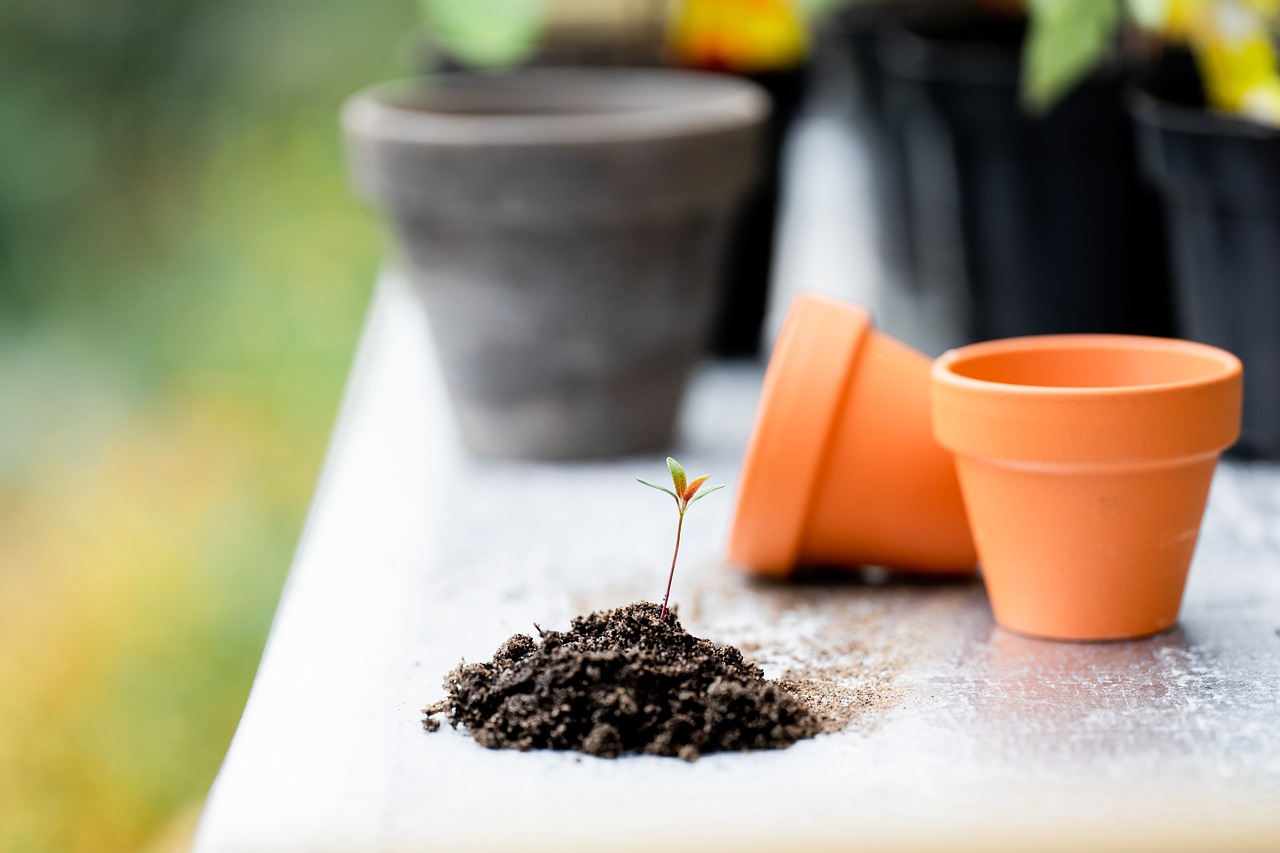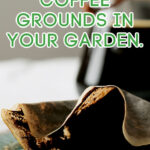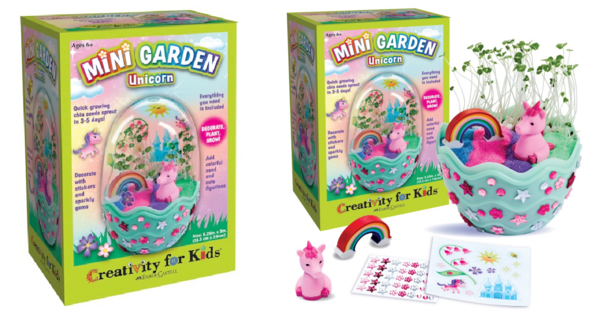Here’s Where You Shouldn’t Use Coffee Grounds in Your Garden.
I’ve always heard that coffee grounds were great for your gardens so I would add them to my compost bin.
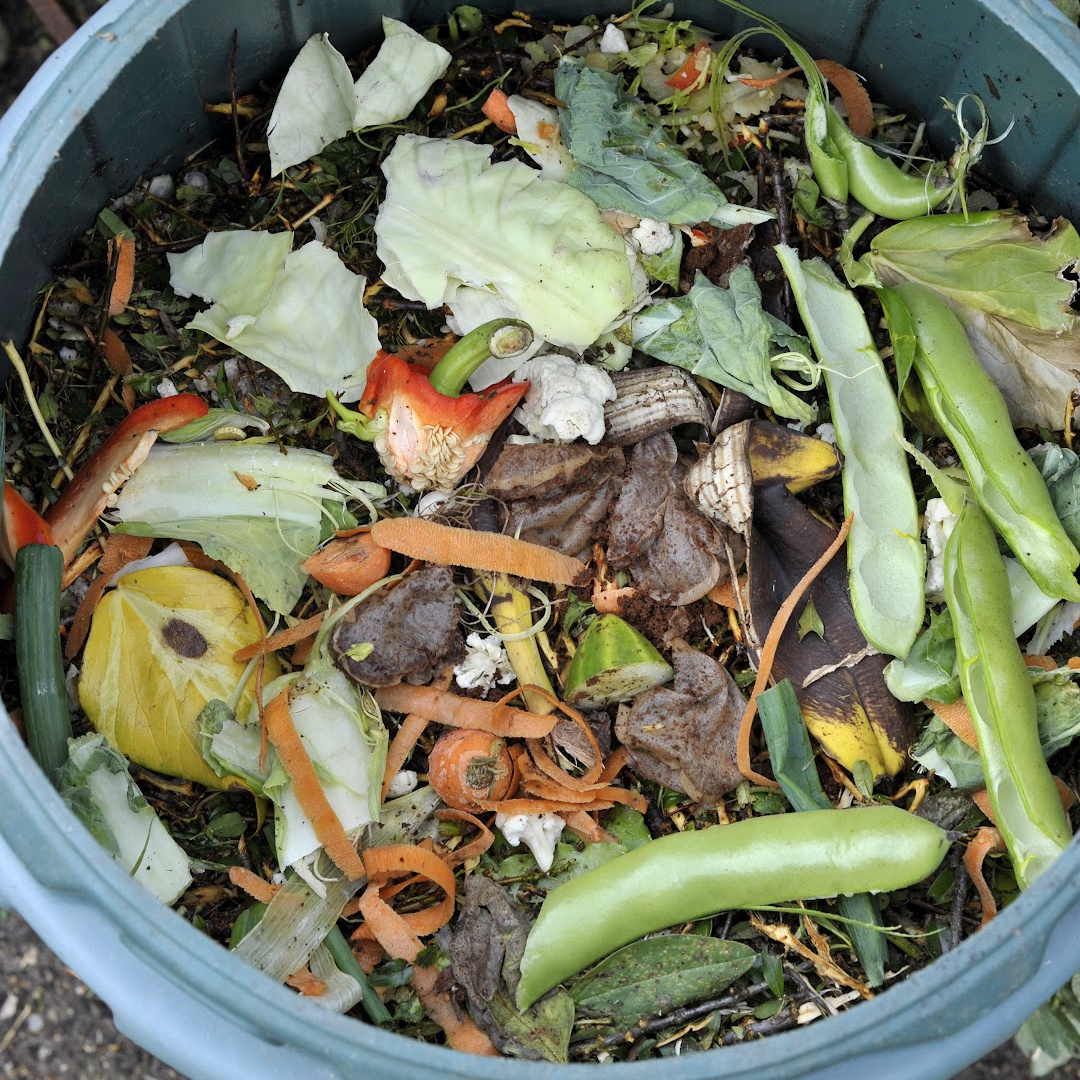
I didn’t know that there were certain places in the garden where adding coffee grounds could cause issues… oops!
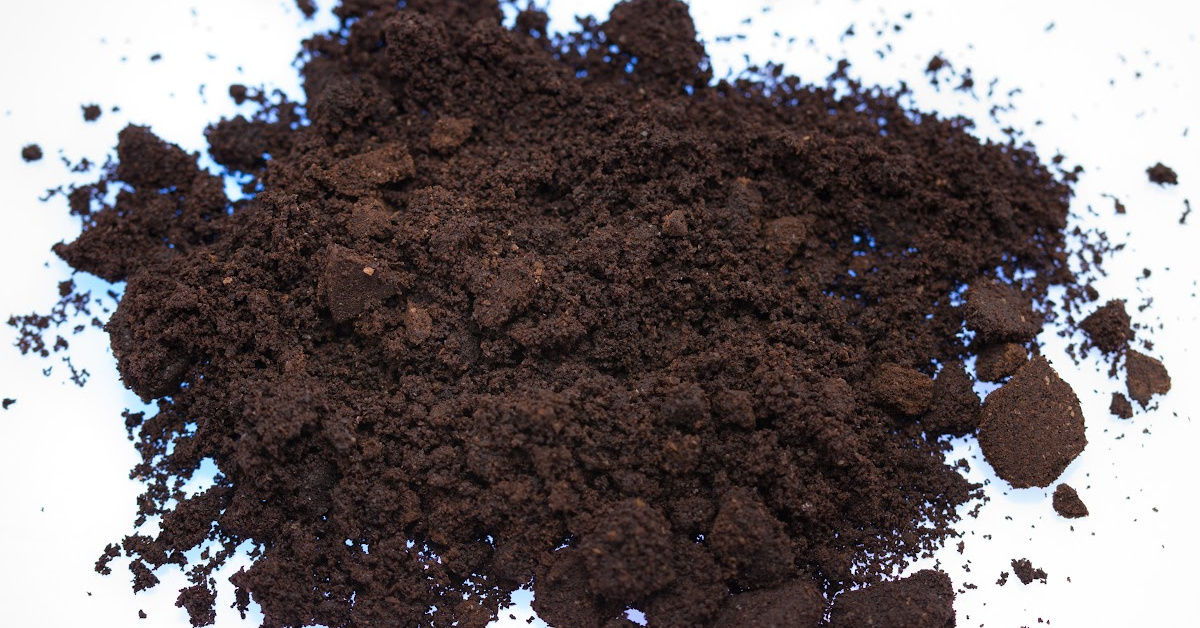
I never noticed any bad effects in my garden, and the reason why is because I had composted them first. I never added coffee grounds directly to the garden.
Putting your used coffee grounds to use in the garden is helpful because it adds nitrogen and works as a natural fertilizer.
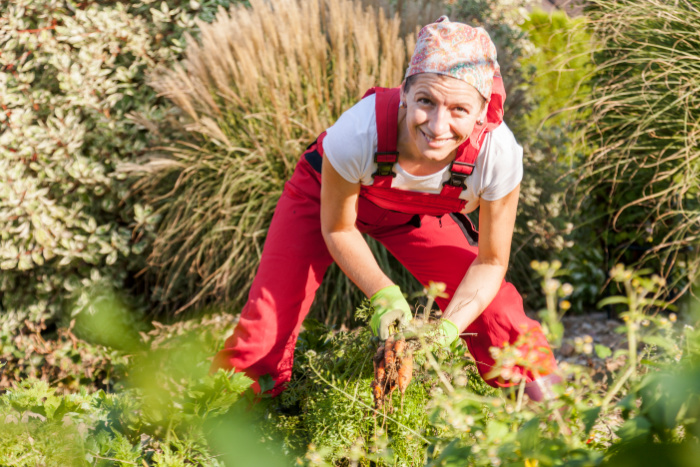
I’ve since learned that it can make the ground too acidic for seedlings. Coffee grounds can lower the pH levels too much for things like blueberries.
However, if it has been added to your compost it should have broken down enough to be safe.
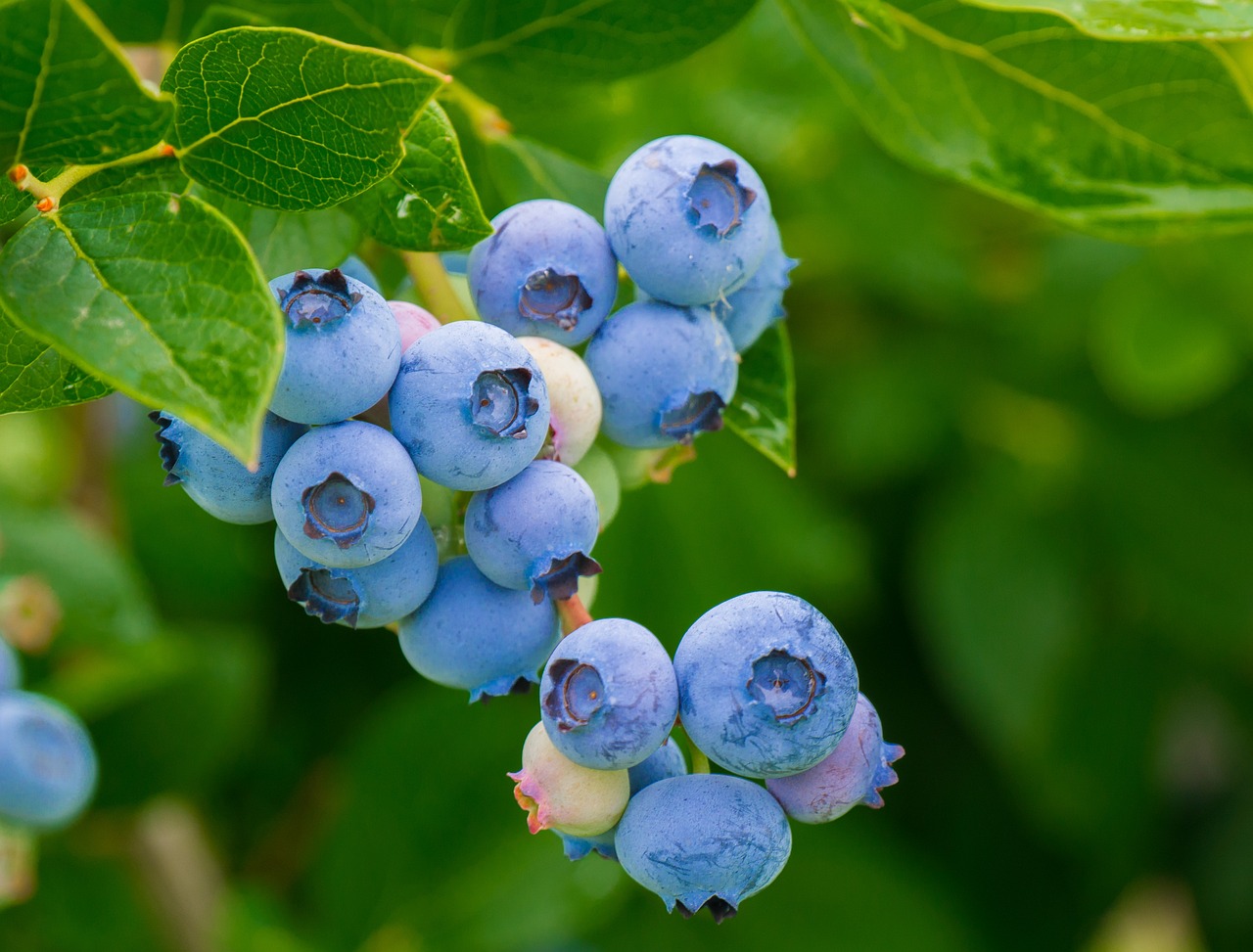
That being said, avoid using coffee grounds near acid-sensitive plants.
Most vegetables, peppers, and tomatoes do best in neutral soil, so skip using the coffee grounds around them.
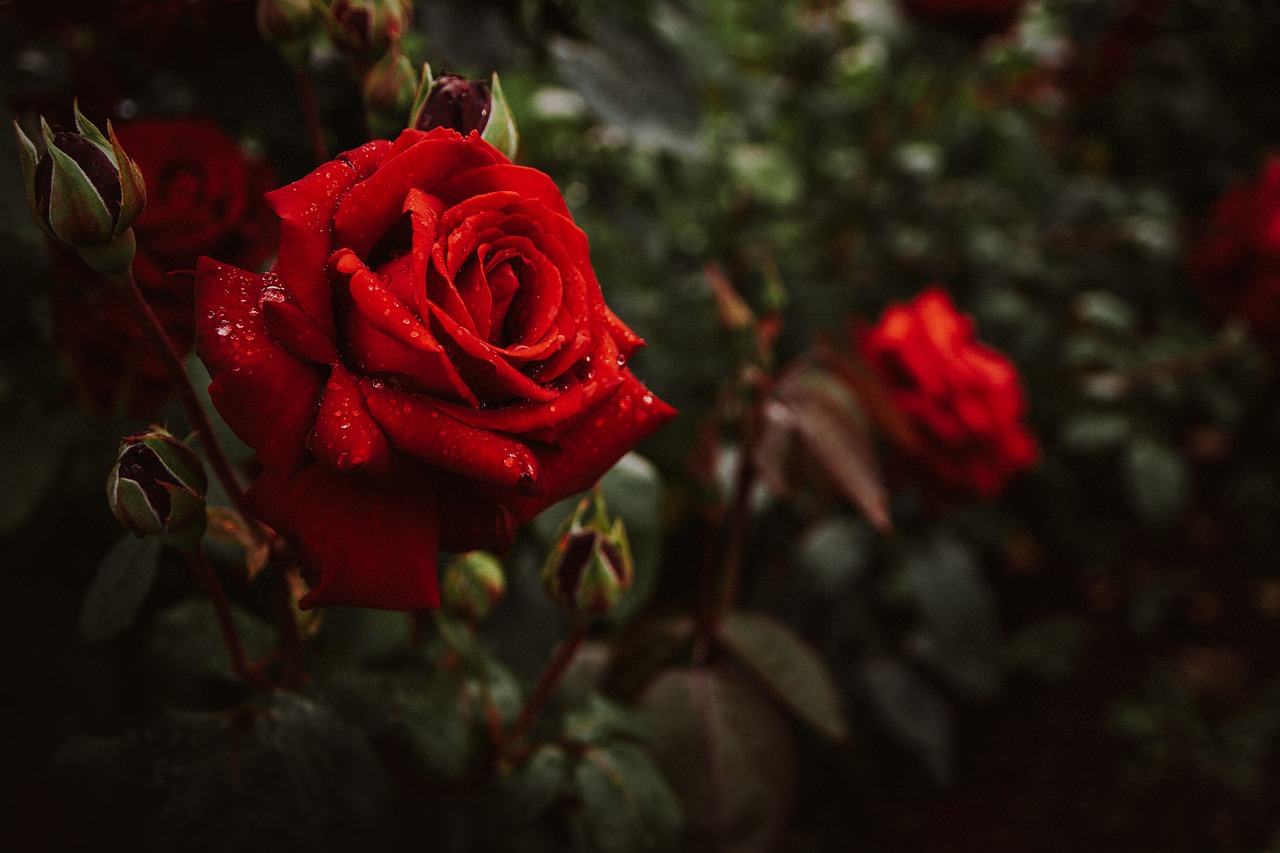
When it comes to your flower gardens, you’ll want to be careful around sensitive plants like lilies and roses. You can see what an expert says below.
It’s best to keep them caffeine-free. While coffee grounds can act as a mulch layer on top of the soil, piling it too thick may prevent water and air from reaching roots below. As mulch, it’s best used thinly mixed with other materials.
Diana Cox, the founder of TheGardeningTalk.com

Coffee grounds hold a lot of moisture. This can create drainage issues and harbor fungal diseases in certain areas where they are more common. Draining issues can also lead to root rot!
So, it looks like I was doing it right! The best way to make use of coffee grounds in the garden is to compost them with everything else.
